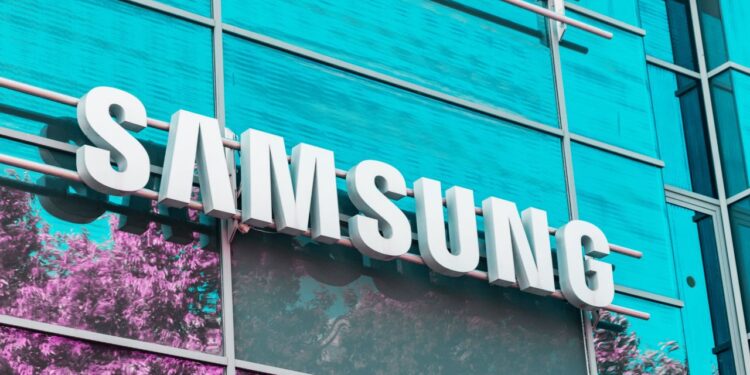What’s going on:
Samsung Electronics announced that it is implementing a four-day work week policy for its non-factory, full-time staff in South Korea, according to New York Post.
Starting next week, employees will be given one Friday off each month. This move follows similar policies adopted by other South Korean companies, such as SK Hynix and Kakao Corp, according to Fortune.
Why it matters:
Samsung’s decision to adopt a 4-day work week even just once a month is a bold initiative that has the potential to encourage other major corporations to explore similar policies. This move shows that, even in countries with traditionally conservative work environments like South Korea, work-life balance holds significant importance among employees.
The impact of this change is especially pertinent in attracting and retaining younger talent, with approximately 40% of Samsung’s workforce comprised of Millennials and Generation Z, according to Fortune. Studies have found that these generations are prioritizing more flexibility in their professional lives.
How it’ll impact the future:
With major companies like Samsung embracing flexible work schedules, it sets a precedent for other large organizations to follow suit. If more companies adopt these kinds of practices or if more experiment with 4-day workweeks, the workforce may see a shift in expectations around work hours and work-life balance.
These policy changes will likely play a role in attracting and retaining talent, just as Samsung anticipates it will. Employees may experience increased job satisfaction, reduced burnout, and improved well-being, as seen in previous trials of four-day work weeks. This could lead to higher productivity, lower employee turnover, and a more engaged workforce in the future.















